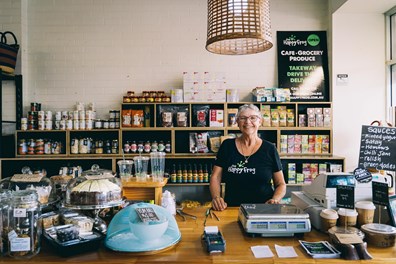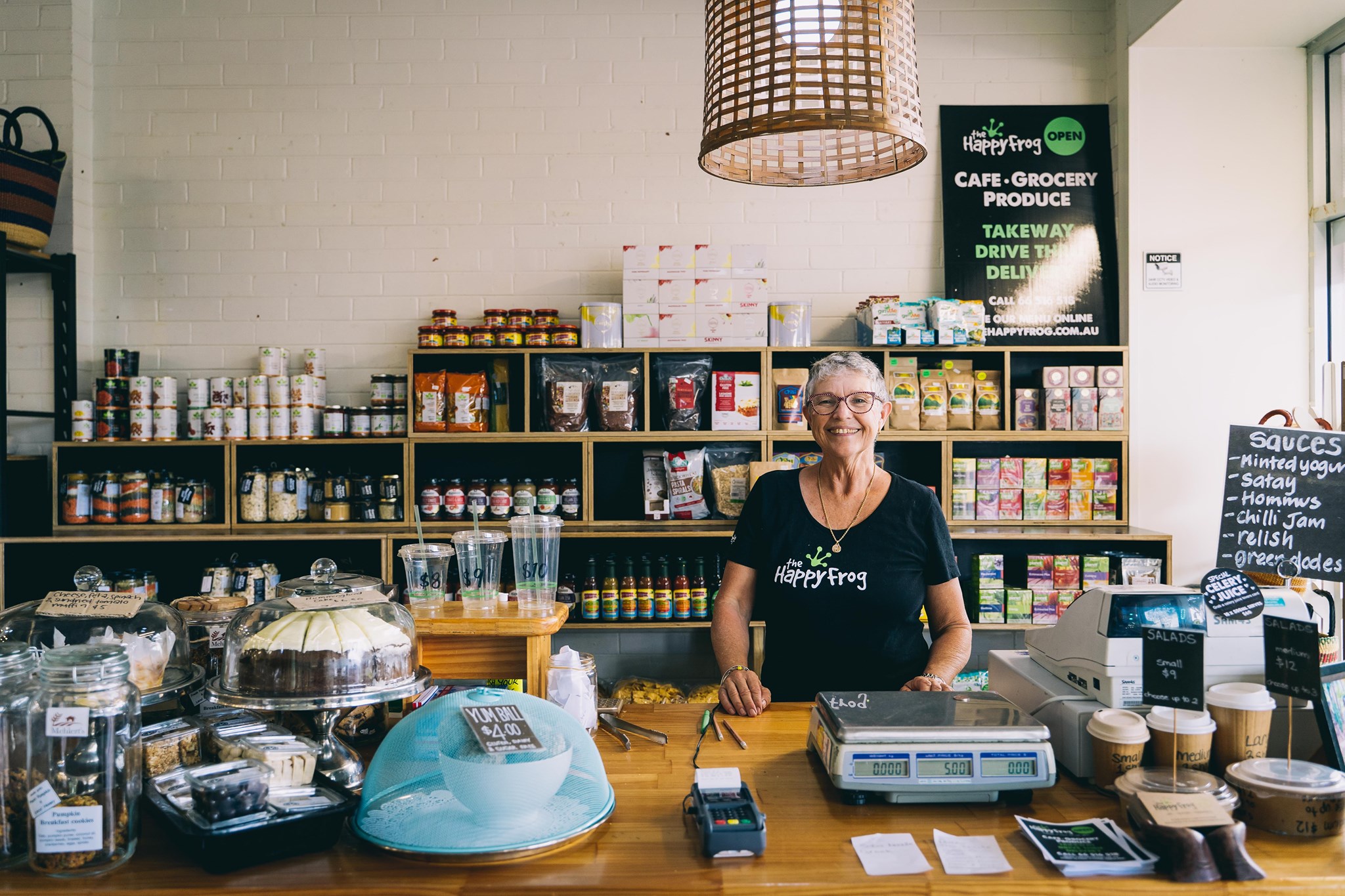Why Do I Need A Music Licence in Australia?
In most cases, businesses incl pubs, shops, gyms, dance schools, child care services and many more need to have permission to play music for their customers or staff. For most of the world’s commercially-available music, you can get that permission through a licence from a music rights organisation in your country. Publicly using music that is protected by copyright without permission could be infringing copyright, which is contrary to Australian law.
Playing music in a business is different to playing music at home
Unlike when music is played at home, when music is played in a business (say, for customers or staff) the business would likely need to get permission from the owners’ copyright in that music. In most cases, as the user of that music you get this permission through a licence for your specific type of music use or business, such as:
 music in a retail store,
music in a retail store,- music in a bar,

- music in a child care service,
- music in a gym,
- music in a cafe,
- music in a theatre,
- music in a cinema,
- music in a hair salon,
- background music,
- dance school music,
- live music,
- music at a conference,
- music at a concert,
- music at a community event,
- music in a live streamed class etc
So, if you want to you use music in your business, it is very likely that you will need a music licence or permission before you switch the music on.
Radio, TV and digital music devices need permission
It doesn’t matter what device you play music from in your business, if that music is protected by copyright then you will need a licence or permission to play it from the owners of that copyright.
If you play copyright-protected music from a radio, TV, video or a digital music service, you still require permission or a licence to play it to the public, say for the benefit of your customers or staff.
How to obtain a music licence for business
You can get permission to use copyright-protected music by asking each owner of the music you use and paying them directly. Or, you can obtain a music licence from a music rights organisation, which will cover the use of the vast majority of the world’s commercially-available music in your business.
Business music licence cost
The cost of a music licence depends on how you are using music in your business. Licences can be as little as $100 a year. In Australia, music licences are usually tailored so that you only ever pay for the type of music you use – if it’s a one-off event, or you are only using music in the background at your shop, you can pick and choose what you need from different licence schemes.
There are a number of permits and permissions you need to check when you open a business and a music licence is one of them. Because in Australia the use of copyright-protected music in your business is protected by law, it is a risk to avoid getting permission or a music licence.
Copyright infringement can be costly.
What is a music licence?
A music licence is a permit for businesses and organisations to legally play songs that are protected by copyright.
What types of music licences are there?
There are several kinds of music licences available, but a public performance music licence is the most common for playing music for customers or staff in businesses. These licences are normally held by shops, bars, cafes, gyms, salons, museums, fun parks and many other businesses and organisations who play music protected by copyright.
In Australia, a public performance music licence gives the licence holder the right to use the music created and owned by songwriters, composers, music publishers and record labels, who all come together to create and own the music you play in your business. These music creators are then paid from the licence fees for the use of their songs.
In Australia, the various rights that are required to ‘publicly perform’ copyright-protected music are bundled together in a single licence, which provides a one-stop shop to use the vast majority of the world’s music in your business.
Does everyone pay for a music licence?
Just like Australian businesses, businesses in other countries around the world also need to get permission or a music licence for their music use.
If an Australian music creator’s song is played in a business overseas, the money is usually transferred to Australia through the music rights organistaions. If Australian businesses play music from other countries, then the Australian music rights organisation transfers the money to the home country and that artist gets paid.
Music Playing in Public, Laws
Playing music in public (not in private or domestically) is officially called a public performance. Like a house or jewellery, Copyright is a form of property - the result of a person's original creative labour. The Copyright Act (1968) prevents other people from using those creations in certain ways - such as in public - without first obtaining permission. This permission may be granted by way of a licence. The licence can be granted subject to payment of a fee or royalty.
Do I need a licence to play music in public places?
If you play music protected by copyright out loud in a public place for a commercial purpose such as a shop, a gym or a bar you need permission or you need to purchase a music licence. Legally this music use is different to playing music at home or in your car. This is called public performance of music.
What is the cost of a music licence for businesses?
How can I legally play music in my business?
Your business can legally play music protected by Copyright by getting permission first. Permission can be from OneMusic Australia in the form of a licence for millions of songs in its catalogue, from the artists themselves for every song, through a background music supplier or other means. You need permission or a licence when your stream music in your business.
What happens if I don't take out a licence?
If you want to play and enjoy the use of virtually any commercially released music from anywhere around the world, you should immediately enter into a OneMusic Australia licence, because using OneMusic Australia’s music without a OneMusic Australia licence can constitute an infringement of our copyright which, if not rectified, may ultimately lead to legal action.
Of course, we will happily talk with you about your music licensing and certainly provide a reasonable time frame for you to take out a licence before escalating the matter any further.
But, if our music continues to be used without permission, then we will be left with no option but to enforce our rights on behalf of our members and affiliates, which could involve court proceedings. Such action may result in the business having to pay the licence fees as well as other damages and legal costs.
Over 95% of businesses and organisations that we deal with are readily compliant.
How much is a music licence?
Is it the performer or the venue that needs the licence?
OneMusic does not generally licence individual or group live performers such as bands and DJ's. It is the venue or the event organiser who needs to obtain a licence for public performance.
Performers may still need permission for copying
A performer may require licensing for any reproductions they are considering such as photocopying sheet music, videoing their performance, copying CDs onto a laptop.
DJ Alliance have signed an agreement with ARIA and AMCOS to cover their physical and digital copies of music. This agreement covers their members starting from 1 July 2019.
Outside this arrangement:
- Reproduction, Domestic Video Licence & Online queries
- ARIA Reproduction Licence queries
- PPCA Webcast licensing queries
OneMusic licenses performers who are part of a Community Music Group.
